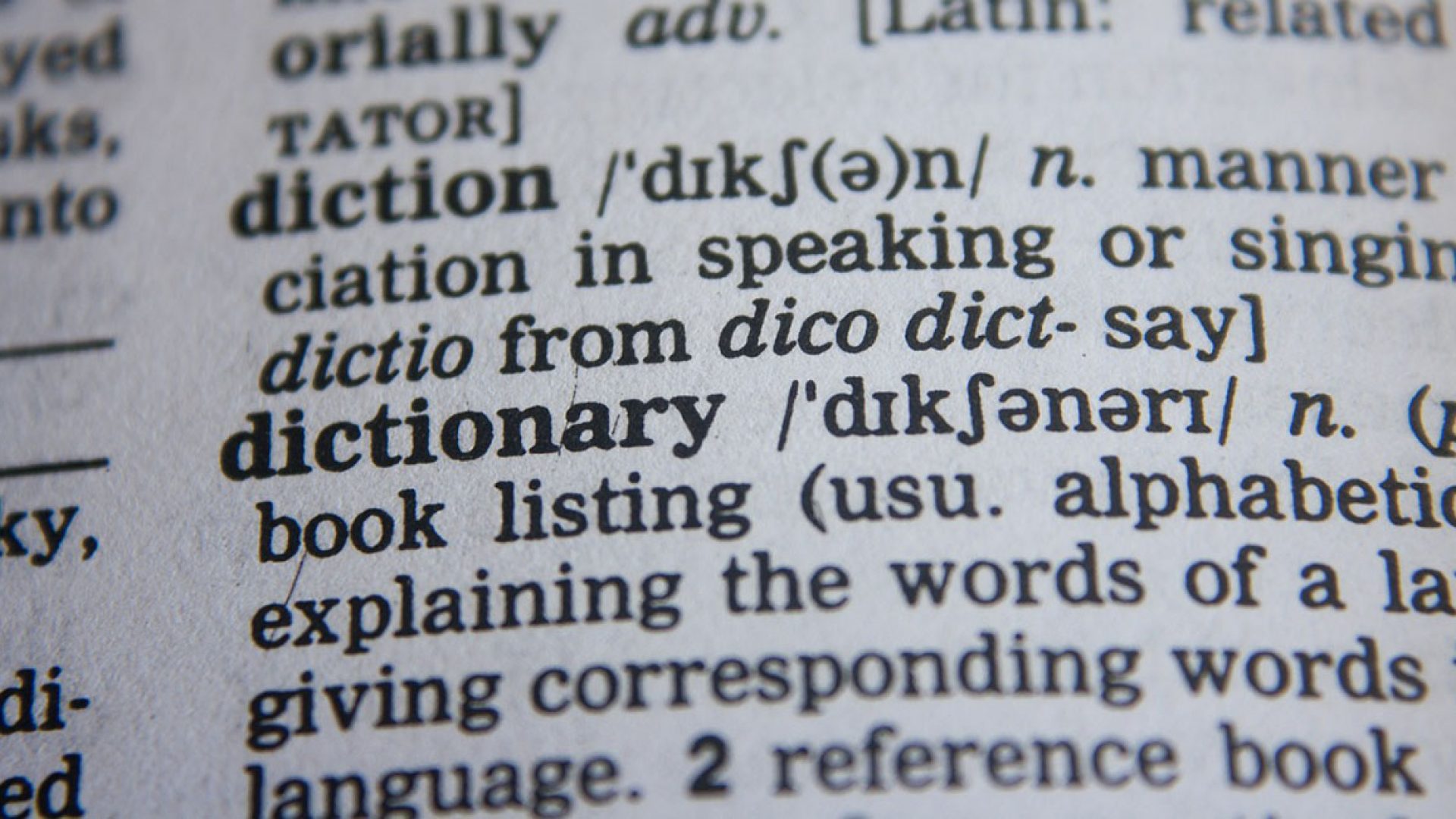When it comes to buying a home, understanding the terminology is essential for simplifying the entire process. That is why we are providing a quick glossary of common terms and their definitions – we want your path to homeownership to be a smooth and enjoyable one.
Annual Percentage Rate (APR)
The APR shows the cost of a mortgage loan by expressing it in terms of a yearly interest rate. The APR is often slightly higher than the published interest rate because it takes into account the financing of closing costs or pre-paid percentage points.
Appraisal
A professional appraiser’s estimate of the market value of a property. Appraisals take into account the local market conditions and the characteristics of a property. They are required by most lenders.
Appreciation
An increase in a property’s value due to market changes, home improvements, or other factors.
Closing
The official transfer of property ownership from seller to buyer. It usually happens in the form of a formal meeting between the buyer, seller, and settlement agent. At closing, the buyer will sign the mortgage, the seller will receive payment for the property, and the buyer will pay the closing costs. Also referred to as Settlement.
Closing Costs
The total costs of completing the transfer of ownership of the property, other than the purchase price. Closing Costs usually include fees for loan origination, home appraisal, survey and real estate agent’s commission. They may also include prepayment of taxes and insurance, and real estate transfer taxes. Closing Costs usually amount to about 2 to 4 percent of the purchase price of the home.
Comparative Market Analysis
A real estate evaluation that estimates the current market value of a home by comparing it with recently sold homes in the same area.
Contingency
Any condition that must be met before a contract becomes binding. For example, an agreement can be contingent on the sale of the buyer’s current home.
Counter Offer
A response to a purchase offer that rejects all or part of the original offer but keeps the negotiations open in hopes of reaching an agreement.
Credit Bureau
A credit-reporting agency that gives financial information about potential borrowers to lenders. Currently, there are three companies that maintain national credit-reporting databases: Equifax, Experian, and Trans Union.
Credit Report
A report provided by credit bureaus containing information about a borrower’s credit history. Your credit report is like a report card of how you’ve paid your credit card debt and other loans over the years (as well as how much debt you currently have).
Credit Score
A computer-generated score used to determine how likely a person is to repay a loan. Your credit score is based on your credit report. Lenders use this score to analyze your credit report and to determine your credit worthiness.
Debt-to-Income
Ratio Also known as debt-to-earnings ratio. A ratio (expressed as a percentage) calculated by dividing gross monthly debt by gross monthly income. Debt-to-income is one of the key factors lenders will look at when considering your credit worthiness.
Deed
A written document that shows ownership of property. Includes the signatures of current owners and a legal description of the property. Also known as a Title.
Disclosures
Information provided about a property for sale. “Full disclosure” refers to the seller’s responsibility to provide any and all information they know about the property.
Down Payment
The money paid by the buyer to the lender at the time of the closing. Because it’s paid in advance, the down payment is not part of the mortgage loan. Smaller down payments (those less than the standard 20 percent) usually require mortgage insurance.
Equity
The value of a property, usually calculated by subtracting the remaining amount owed on the mortgage from the fair market value of the property.
Escrow
Also “escrow account.” Funds set aside and held by a neutral third party, usually for payment of taxes and insurance.
Home Inspection
A complete “top to bottom” inspection of a home’s physical condition. Home Inspections should be conducted by a professional, licensed home inspector and should cover all major systems and structural elements of the property. Home inspection fees are typically paid by the buyer.
Homeowner’s Insurance
Insurance that protects the homeowner’s property against damage from fire, storms and other hazards. Most lenders require homeowner’s insurance before they will let you close on the home. Also known as Hazard Insurance.
Lock-In
A written guarantee from a lender that the buyer will receive a specific interest rate for a specific period of time. Also known as Rate Lock and Rate Lock-In.
Market Value
The amount that a seller may expect to obtain in the open market, based on current market conditions and recent comparable sales. An appraised value is an estimate of the current fair market value.
Mortgage
A financial agreement between a lender and a buyer in which the property is used as collateral for the loan. A mortgage gives the lender the right to collect payments on the loan (and to foreclose on the property if those payments are not made).
Purchase Offer
A detailed, written document that makes an offer to purchase a property. When the offer is signed by all parties involved, it becomes a legally binding contract. Also known as the Offer or Contract.
Qualifying Ratios
Guidelines used by lenders to determine if a borrower can qualify for a mortgage. The lender will consider the borrower’s income and current debt, as well as the size of loan the borrower is trying to obtain.
Title
A written document that shows ownership of property. Includes the signatures of current owners and a legal description of the property. Also known as a Deed.
Underwriting
A critical step in obtaining a mortgage, underwriting is the lender’s process of analyzing a loan application to determine the amount of risk involved in making the loan. It includes a comprehensive review of the borrower’s credit history and a judgment of the property’s real value.
Walk-Through
In the case of the “final walk-through,” this is a final inspection of the property by the buyer and the seller. The final walk-through normally takes place a day or two before closing / settlement. The purpose of this walkthrough is to ensure that any repairs agreed upon in advance have been made, and that no other issues have arisen.




